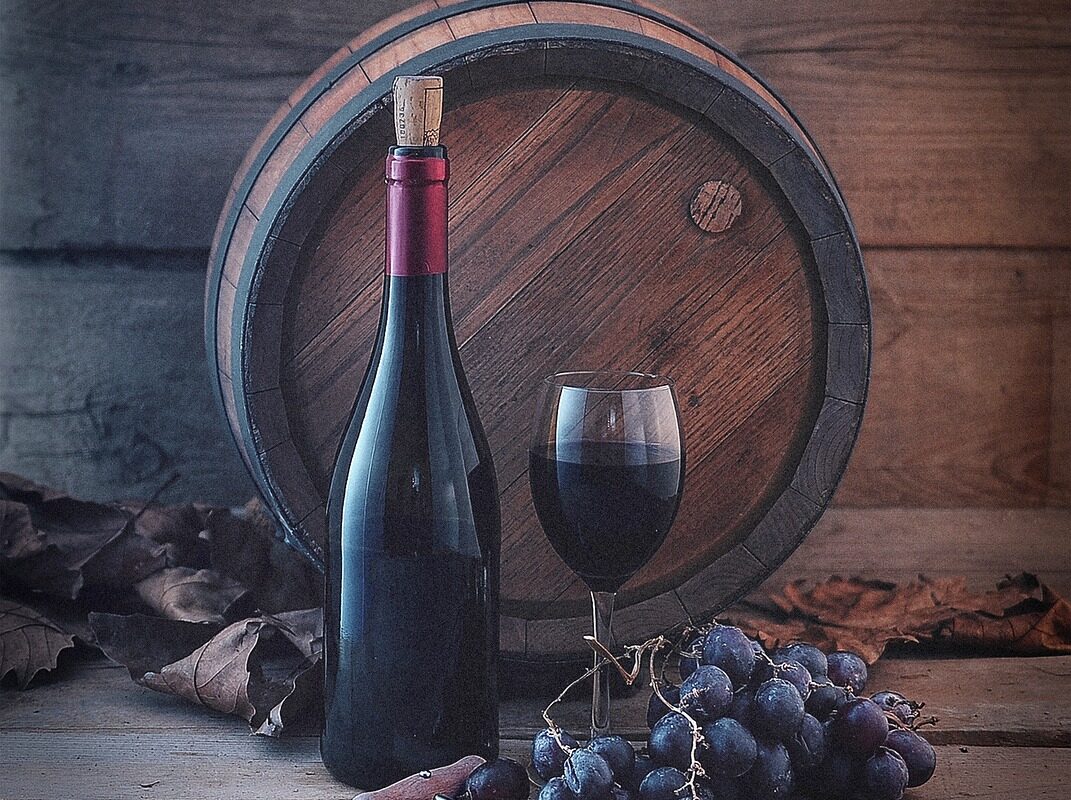The Origins of Wine: A Journey Through Time
Wine is one of the oldest and most cherished beverages in human history, with roots that trace back thousands of years. The story of wine is not just about fermentation and flavor; it is deeply intertwined with human civilization, culture, and even religion. Join us on a journey to explore the fascinating origins of wine, its historical significance, and how it evolved into the beloved drink we enjoy today.
The Ancient Beginnings
The history of wine dates back to around 6000 BCE, making it one of the oldest fermented beverages known to humanity. Archaeological evidence suggests that wine production began in the South Caucasus region, particularly in modern-day Georgia. Excavations at ancient sites have uncovered pottery vessels with residues of wine, indicating that early humans were already cultivating grapes and fermenting their juice.
The transition from nomadic hunter-gatherer societies to settled agricultural communities played a pivotal role in the development of viticulture (the cultivation of grapevines). Early farmers discovered that certain wild grapevines could be cultivated to produce sweeter, juicier fruits. As agricultural practices improved, the art of winemaking blossomed, spreading across ancient civilizations.
Wine in Ancient Civilizations
Mesopotamia and Egypt
As wine production expanded, it found its way into the cradle of civilization—Mesopotamia. The Sumerians, known for their innovations in agriculture, are believed to have brewed wine as early as 3000 BCE. In fact, one of the oldest recorded recipes for wine appears in Sumerian cuneiform texts.
Meanwhile, in ancient Egypt, wine held significant cultural and religious importance. It was often associated with the gods and was used in rituals and ceremonies. The Egyptian pharaohs enjoyed lavish banquets featuring wine, and tombs of the elite were often stocked with vessels of wine to accompany them into the afterlife.
Greece and Rome
The Greeks further refined the art of winemaking, developing techniques for grape cultivation and fermentation. Wine became an integral part of Greek culture, symbolizing hospitality and community. The famous Greek philosopher Plato even remarked, “Wine is sunlight, held together by water.”
The Romans took winemaking to new heights, establishing vineyards across their vast empire. They introduced innovations such as barrel aging and the use of cork stoppers. The Roman poet Horace famously declared, “Wine brings to light the secrets of the heart.” As the Romans expanded their territories, they spread their winemaking practices to regions like France, Spain, and Germany, laying the foundation for some of the world’s most renowned wine regions.
The Middle Ages and Beyond
After the fall of the Roman Empire, the production and consumption of wine continued, albeit with some challenges. Monastic communities played a crucial role in preserving winemaking knowledge during the Middle Ages. Monks meticulously cultivated vineyards and produced wines for both sacramental purposes and personal enjoyment.
The Renaissance saw a resurgence in interest in the arts and sciences, including winemaking. As trade routes opened up, wine became a symbol of wealth and sophistication among the elite. By the 17th century, innovations in fermentation and storage, such as the introduction of glass bottles, transformed the wine industry.
The Modern Era
The 19th century marked a turning point for wine production. The phylloxera epidemic devastated vineyards in Europe, leading to widespread replanting with resistant rootstocks. The rise of technology brought advancements in winemaking techniques, allowing for greater control over the fermentation process and the production of higher-quality wines.
Today, wine is produced in nearly every corner of the globe, from the sun-soaked vineyards of California to the rolling hills of Tuscany. Wine appreciation has become a global phenomenon, with wine tasting events, festivals, and a growing interest in wine education.
Conclusion
The origins of wine are as rich and diverse as the drink itself. From ancient civilizations to modern-day vineyards, wine has been a constant companion in human history. It has celebrated joyous occasions, accompanied sacred rituals, and fostered connections among people across cultures and generations. As we raise our glasses today, we honor the age-old traditions and innovations that have shaped the world of wine, reminding us that each sip carries a story steeped in history. Cheers to the journey of wine!
Home » Blog »




